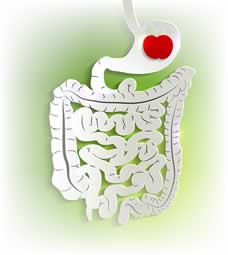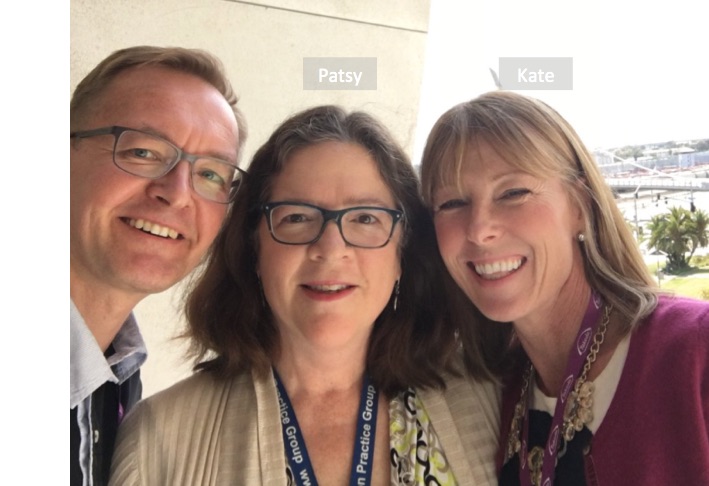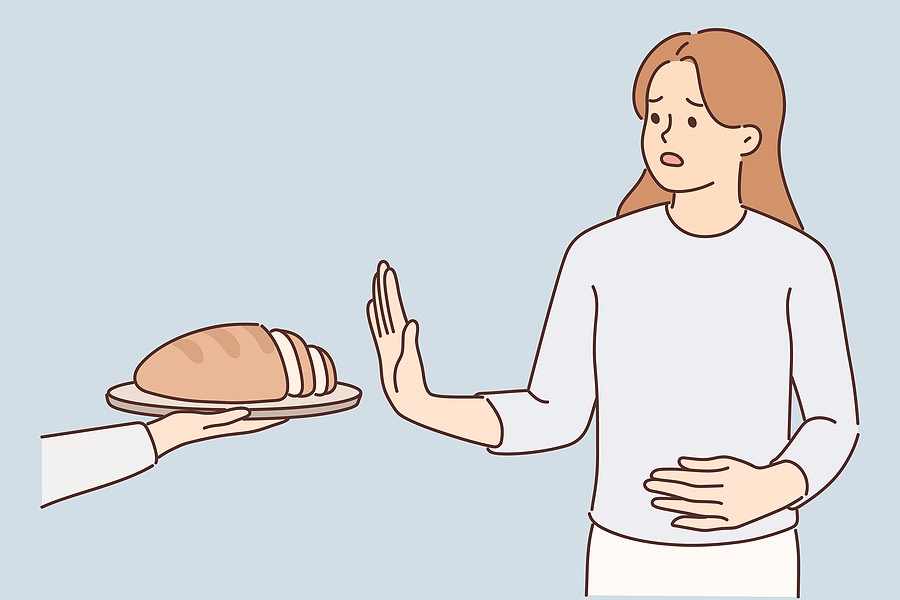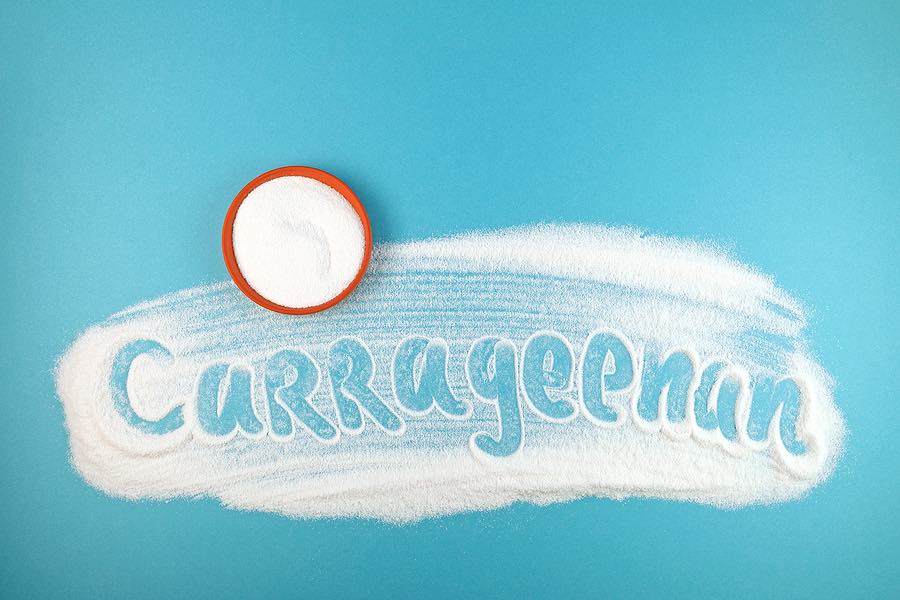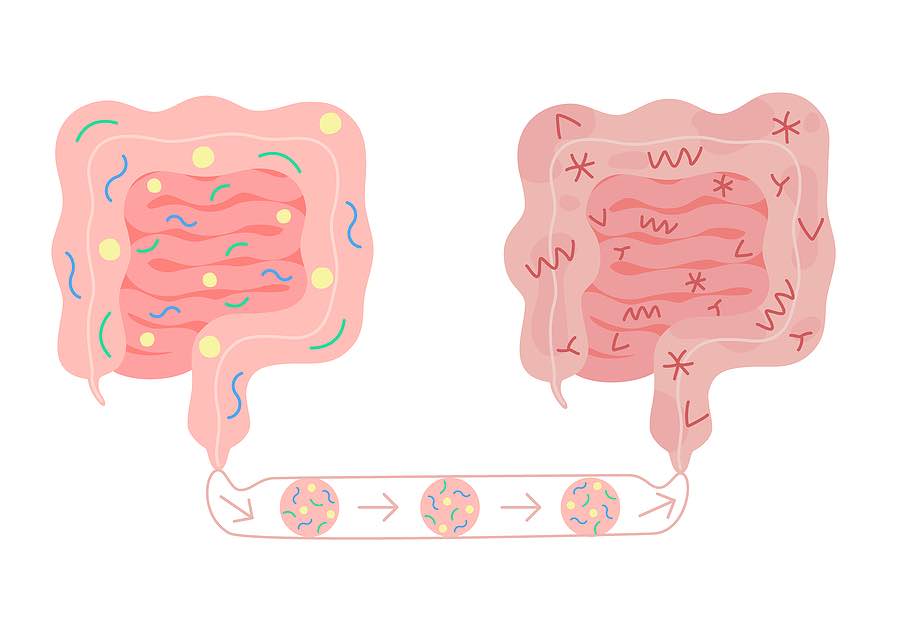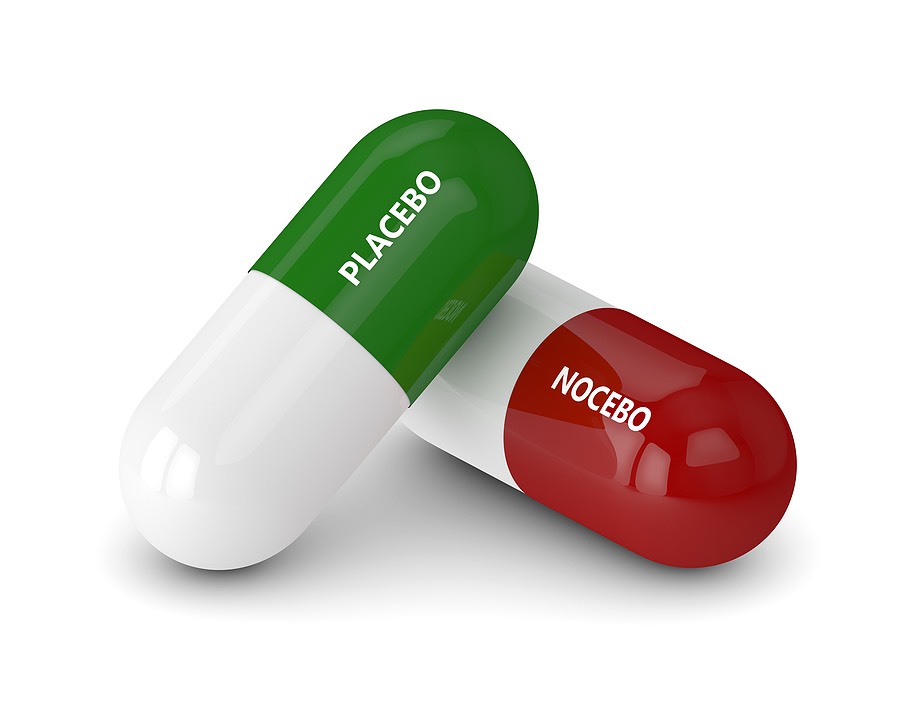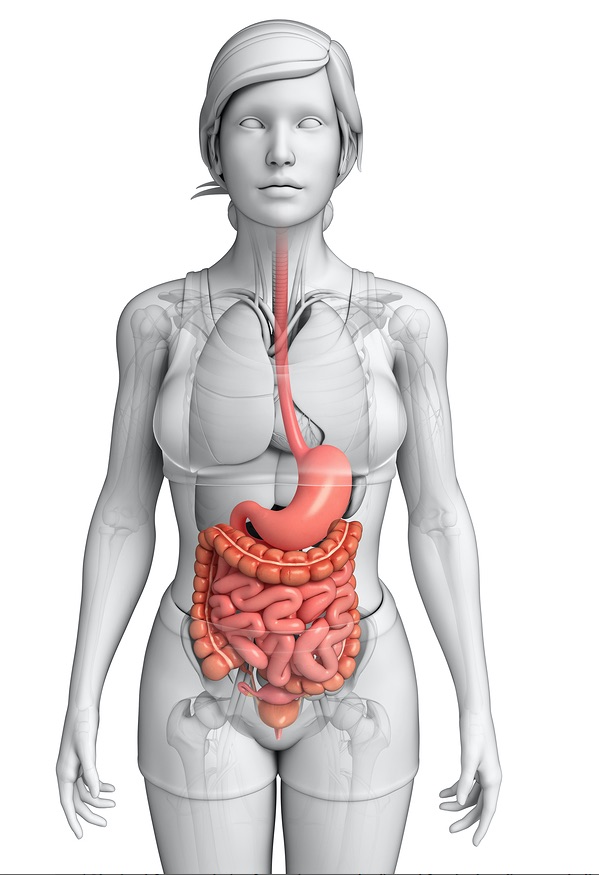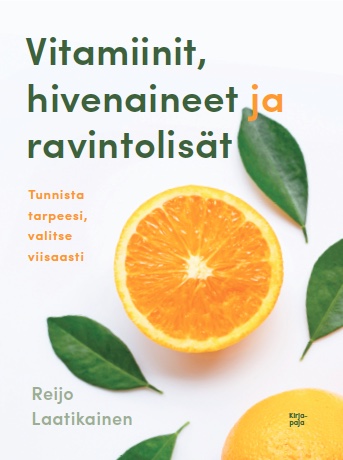Tapasin gastroenterologian konferenssissa Digestive Disease Week’ssa kaksi Yhdysvaltojen ehkä tunnetuinta vatsa-asioiden ravitsemusterapeuttia. Patsy Catsos, RD ja Kate Scarlata, RDN antoivat ystävällisesti minulle haastattelun, jossa kertovat omista ajatuksistaan ja hoitokäytännöistään ärtyvän suolen oireyhtymässä. Julkaisen haastattelun englanninkielisenä. Patsy on kirjoittanut kirjoja aiheseen liittyen ja pitää blogia IBS–Free at last. Katen blogi on nimeltään The Well Balanced FODMAPer ja hänkin on kirjoittanut aiheesta kirjoja.
How has low-FODMAP diet changed your daily work as a dietitian?
Patsy: Well, when I first started practicing in my current work situation people were not coming to me for IBS. They would come to me to get help with blood pressure or weight management and they were just mentioning passing “Oh, by the way I have IBS”. But didn’t really have any hope that there was anything that they could do about their IBS with diet, except “eat more fiber.” So when I first learned about FODMAPs in 2007 when I attended a professional event, I was very intrigued. I soon started to use the low-FODMAP diet in my practice. It produced such dramatic results with the first few patients that I began using it much more often, and even developed materials into a book that was published at the beginning of 2009.
But in a word, it completely transformed my practice. When word was spread in my professional community I started to get a lot of referrals from primary care doctors, gastroenterologists and also many self-referrals from people who heard from their relatives and friends how I could help them.
Kate: I was introduced to the FODMAP approach while researching for a book I was writing in 2009. The notion that undigested small chain carbs such as lactose and sugar alcohols could contribute to GI distress was not novel news, but the idea that other carbs exerted the same effect and that their effects were cumulative in the gut really caught my interest. I knew immediately that this dietary concept was worth trialing in my patients. One by one, my IBS patients experienced remarkable results. I quickly learned that the low-FODMAP diet was highly effective for the majority of my IBS patients. Now the bulk of my work is dedicated to help IBS patients via my blog, The Well Balanced FODMAP and in my private practice..
Do you recommend probiotics, peppermint oil capsules, enzymes, fiber supplements such as psyllium, or other dietary supplements to your patients routinely or even in selected cases?
Patsy: Sometimes, but I usually don’t start with them. I want to isolate the variables and find out the effect of diet change first. Eventually, for many patients I do introduce probiotics and fiber supplements.
Kate: Supplements I have found to be helpful include: Iberogast, an herbal blend, that functions as a prokinectic. It can be helpful for dyspepsia and IBS. It is particularly helpful for bloating and constipation. I agree with Patsy, I also change one variable at time, when working with patients, so we can figure what’s working and what’s not. I also use peppermint oil in patients that experience abdominal pain or cramping. Peppermint oil relaxes the smooth muscles in the intestine. Choose a product that is enteric coated because you don’t want to induce reflux [which is the problem with fast dissolving form or drops].
How about different enzymes? Do you ever use them?
Kate: I have had patients who have tried them but the clinical outcomes have not been good.
Patsy: Lactase enzyme is the only one I use routinely. I haven’t seen any evidence that other enzymes help people with IBS.
How do you treat patients that do not respond to low-FODMAP diet? Do you try dairy-free diet, low carbohydrate diet or other special diet?
Kate: If they have only partial response to diet, I might refer them back to the GI doctor for further testing . I often suggest that the patient be tested for small intestinal bacterial overgrowth (SIBO) to see if this condition might be hindering the complete resolution of symptoms.. It is key to work closely with GI doctor to determine what might be other underlining mechanisms behind the symptoms. It is possible that inflammatory bowel disease, such as Crohn’s disease, has been missed previously or possibly dyssynergic defecation, which may benefit from physical therapy and biofeedback.
Patsy: Ideally, before you start working with low-FODMAP diet, you have made sure that patients are attending to the basics: enough fiber, plenty of fluids, regular meal pattern, small meals rather than big ones etc. I might recommend a dairy-free diet in some isolated cases especially if extra-intestinal symptoms, such as skin rash, are present as well. Usually I recommend low-lactose dairy milk products.
Kate: I find in my practice that about 20% of constipation predominant IBS patients benefit from dairy free diet. There are opiate like chemicals in some dairy products that may be contributing to the worsening of constipation in some individuals.
Patsy: Many patients are already on dairy free diet when they come to me. So I let them continue and do a dairy-free version of the low-FODMAP diet. I often suggest re-introduction of dairy later, to see if it really affects symptoms.
What about carrageenan, modified corn starch and other additives?
Patsy: There is a lot of hysteria about these substances on the internet. I don’t know the deep science behind them but I think we need to learn more about them.
Kate: You know at the end of the day, I believe dietitians should encourage people to eat more whole foods and less food products. Minimizing additives is a good idea. There is not much evidence on carrageenan yet, we need a more research on it. There is some interesting research on carboxy-methyl-cellulose and polysorbate 80, emulsifiers, in animal studies linking them to inflammation and bacterial overgrowth. Despite the fact that the research on emulsifiers has been done on animals, I think the results are pretty compelling and the amount of emulsifier needed to trigger inflammation is small.
What are the biggest challenges the patients are facing in your clinics when they are trying adapt this new IBS diet, low-FODMAP diet?
Kate: I think the biggest challenge is that Americans enjoy dining out and convenience foods. Obviously, onion and garlic are rampant in restaurant foods and finding suitable convenience foods can be tricky as many have hidden FODMAPs.
Patsy: An increasing problem is “too much information”. A lot of anxious IBS patients do a lot of information seeking on the internet. Sometimes their doctors do not help the situation by directing to the resources on the internet when they really should be referring directly to a dietitian. So I’m finding increasingly patients are coming to me after they already started a low-FODMAP diet of their own. Sometimes they don’t seem to be realizing benefit from the diet, but when you do a good dietary assessment you find that they really aren’t on as low-FODMAP a diet as they thought they were.
Do you use any other smart phone applications or other smart e-services when counselling your patients?
Patsy: Monash University Low-FODMAP Diet application is the only app I recommend. I often reserve it for the phase when patients become a little more sophisticated about FODMAPs because there are some differences from the tools I use. That’s my go-to app when I need app.
Kate: I agree, mine as well. I don’t want to get patients even more vigilant about foods and symptoms tracking, because they tend to be already a little over-vigilant. They have been suffering a long time and often desperately trying to find out the culprits to their symptoms. Sometimes the apps with very specific portion sizes or symptom tracking can lead to over restriction of food or fixating about every symptom. Part of our job as dietitians is to guide the patient with individualized nutrition education, provide evidenced based science and help the patient understand the difference between helpful information and hype.
Another great adjunctive therapy that helps IBS patients is clinical hypnotherapy. Hypnotherapy is an evidenced based therapy that can help with IBS symptom management. I refer my clients out to a licensed hypotherapist. I really believe in collaborative care. Diet is often only a piece of puzzle.
Thank you very much Patsy and Kate for sharing your valuable clinical experience with my Finnish audience. Hope to see you again!


